With the prolonged lack of rain and high temperatures, fears have emerged of water shortages and droughts decreasing crop yields — prompting calls to use less water and reuse urban wastewater for agricultural irrigation.
The European Commission urged EU member states on Wednesday (3 August) to reuse water from urban wastewater treatment plants for crops.
“Freshwater resources are scarce and increasingly under pressure,” EU commissioner for environment Virginijus Sinkevičius said in a statement.
“In times of unprecedented temperature peaks, we need to stop wasting water and use this resource more efficiently to adapt to the changing climate and ensure the security and sustainability of our agricultural supply,” he added.
Last month, researchers at the commission said nearly half (46 percent) of the EU was exposed to “warning” drought levels.
France and some parts of England have recorded the driest July in history, sounding the alarm over the impact of widespread droughts on agricultural production and water shortages in urban areas.
UK water providers have been resisting governmental calls to impose water restrictions, favouring waiting until the last minute to introduce temporary bans on excessive water use in order to avoid irritating consumers, The Guardian reported.
Despite widespread concerns over rivers running dry, water companies do not see “current risks to essential water supplies,” a government spokesperson said.
According to Meteo France, the country recorded just 9.7 millimetres of rain last month, which represented “12 percent of what’s needed,” French environment minister Christophe Bechu said.
Almost all regions in France have imposed water restrictions, but farmers are struggling to cope with the limits on freshwater use as crops such as sunflowers and large areas of lavender are dying due to droughts.
A similar scenario can be found in Spain where droughts have prompted farmers in the southern region of Andalusia to cut avocado plantations and reduce the production of table olives.
Many Spanish regions have put forward restrictions on water consumption, including nighttime supply cuts, closure of showers on beaches, and a ban on filling swimming pools and washing cars.
Water reservoirs in Spain were at 40 percent of their capacity at the end of July — the lowest level in a decade.
Lack of precipitation and high temperatures have also been affecting crop yields in Portugal, Croatia and Romania.
The Dutch government officially declared a water shortage on Wednesday, eyeing new measures if droughts continue.
“I am asking everyone to think twice before washing the car or filling up a paddling pool completely,” Dutch infrastructure minister Mark Harbers said.
Meanwhile, water levels in the river Rhine are approaching a record low, causing problems for shipping and crop irrigation.











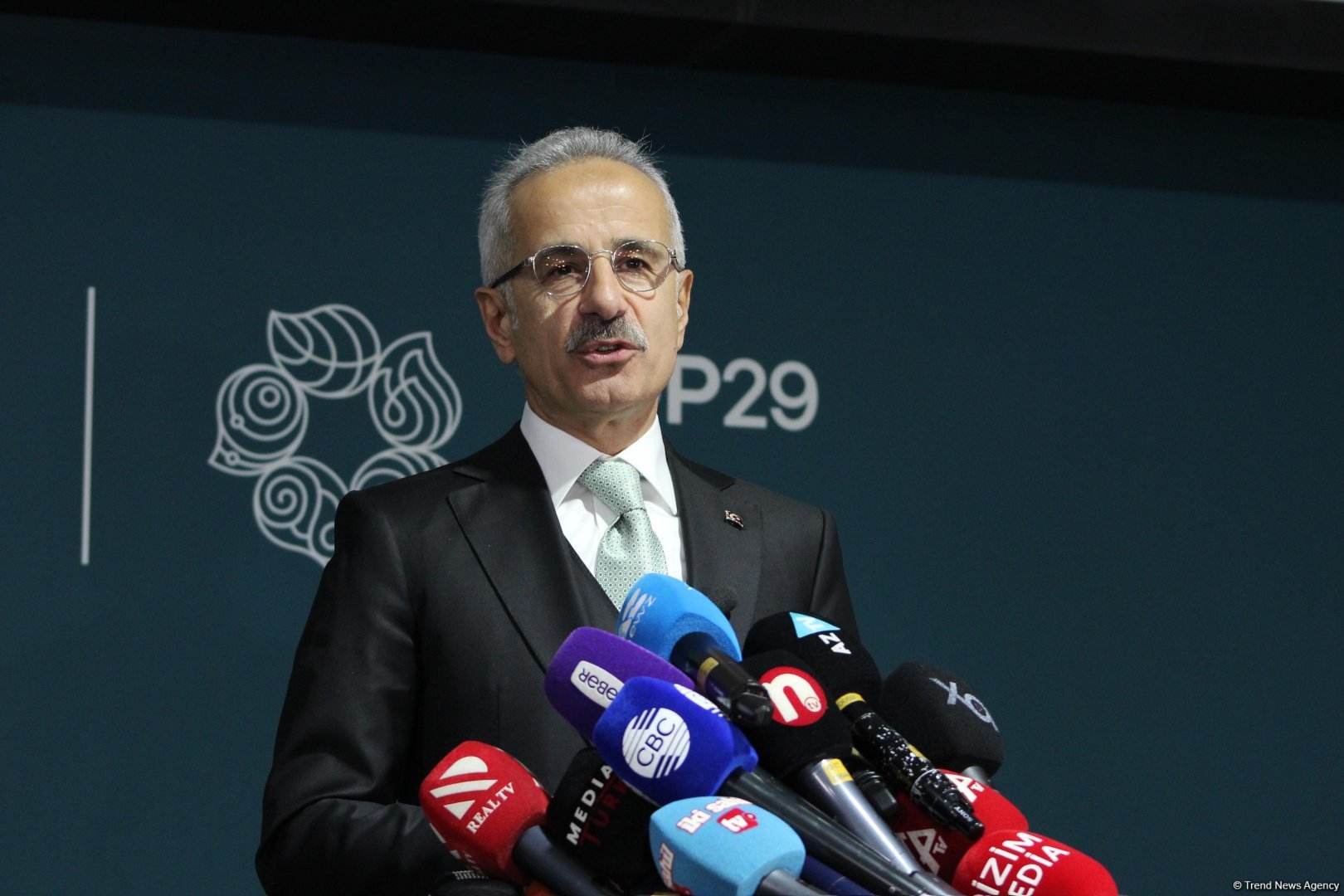

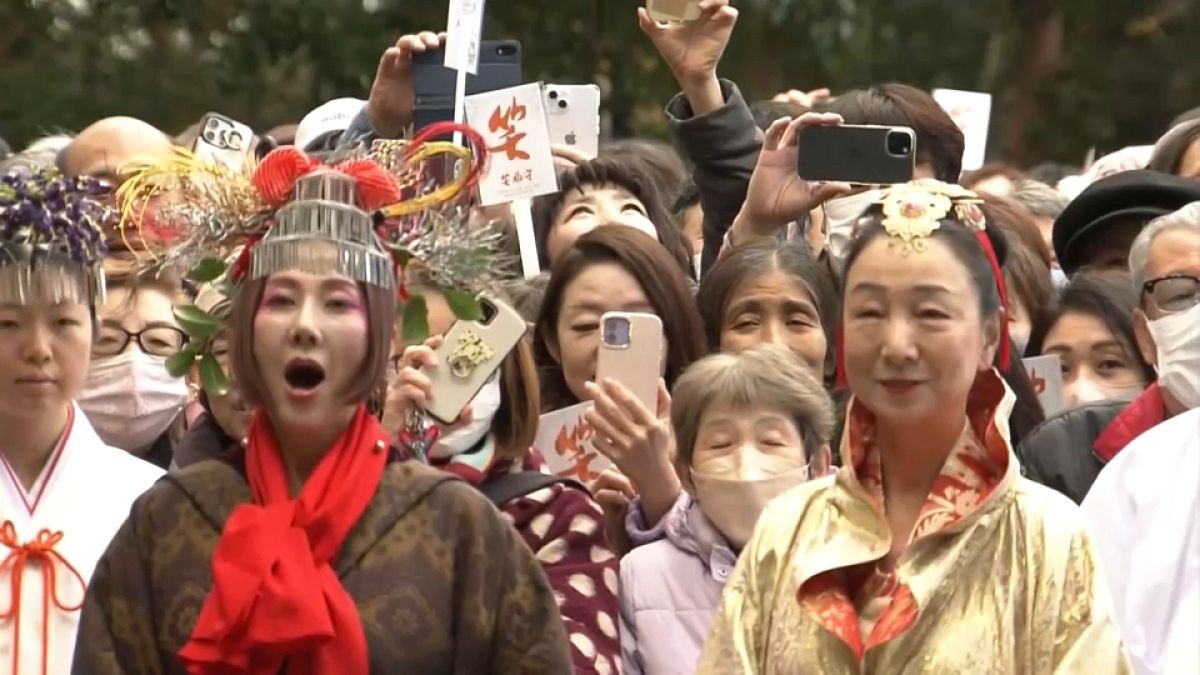
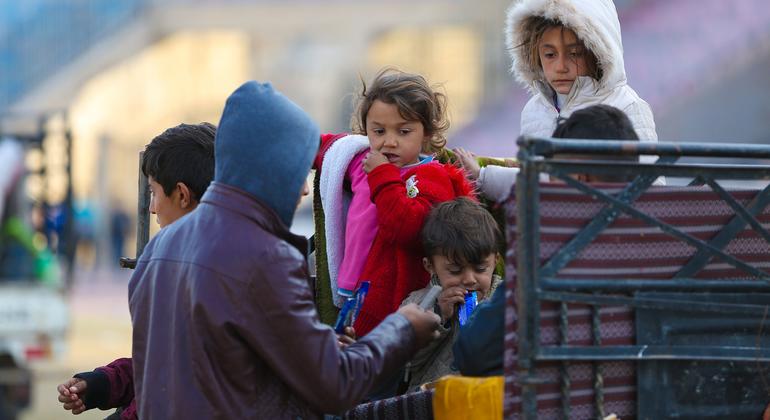
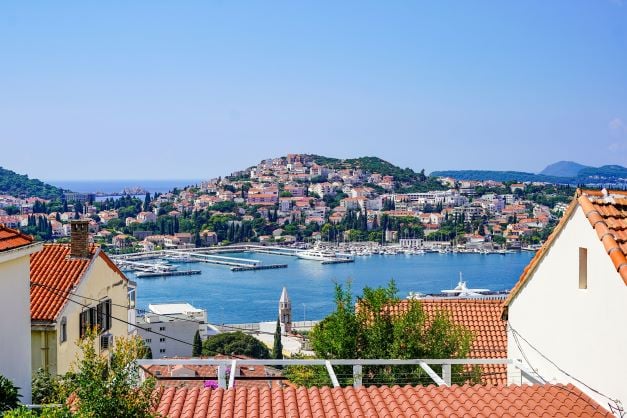
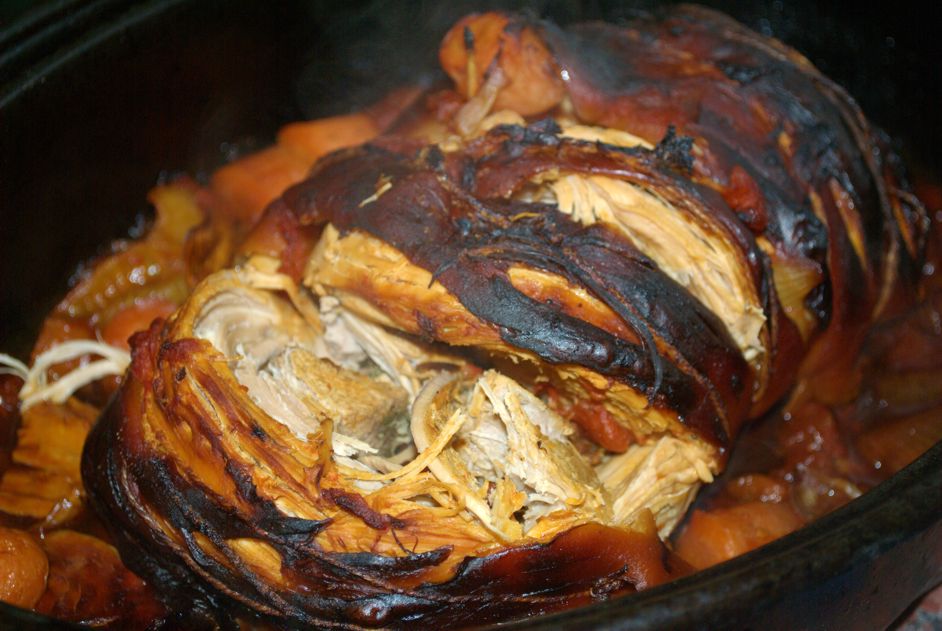
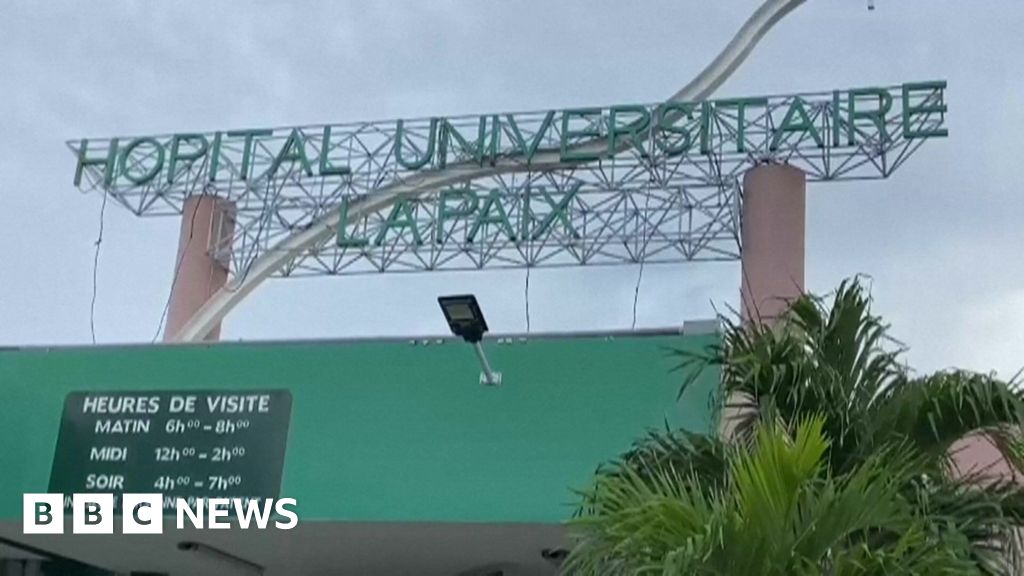


Discussion about this post